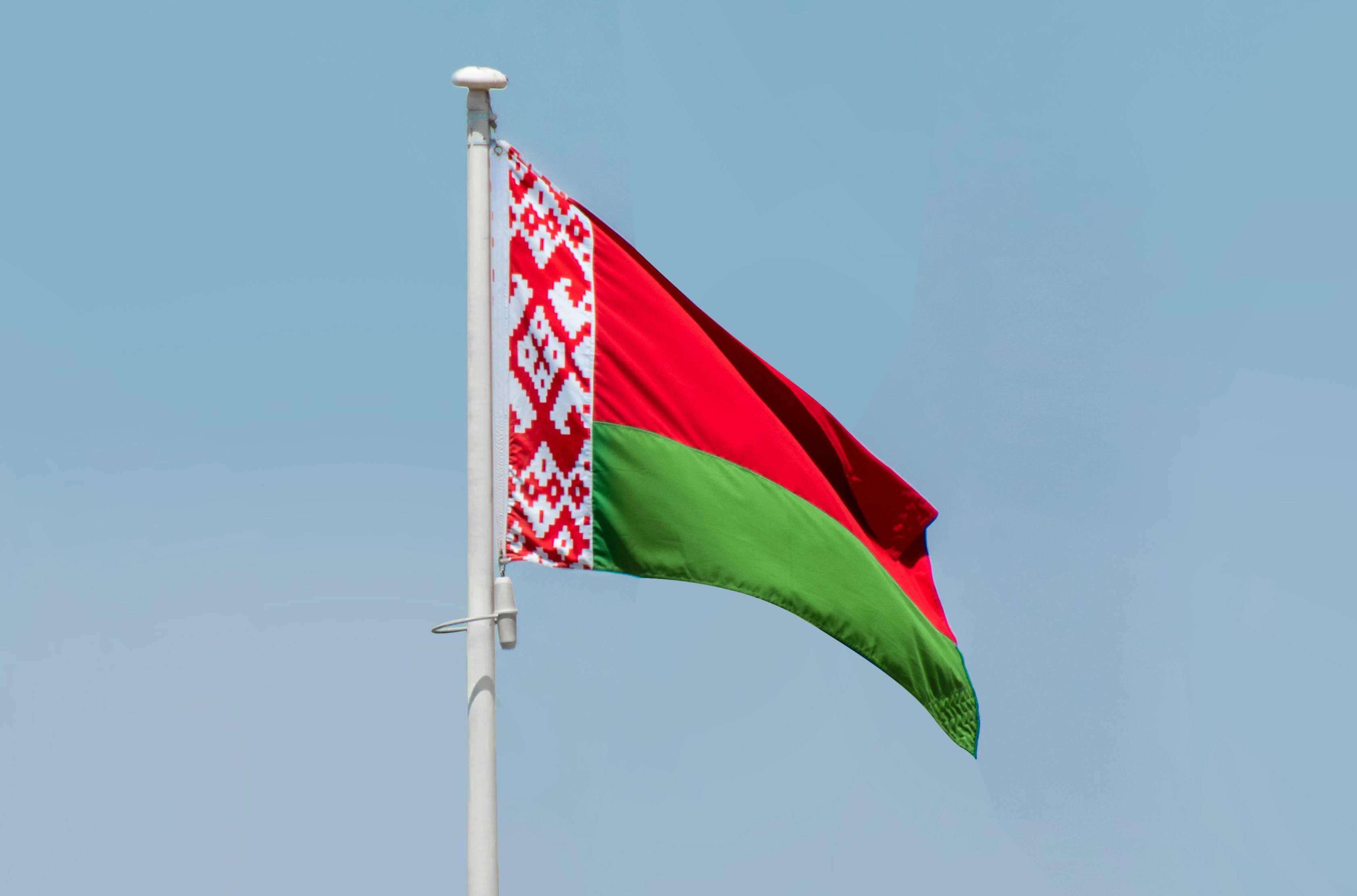Germany’s Bold Gambit to Prevent Online Hate Crimes and Fake News Takes Effect
The German Act to Improve the Enforcement of the Law in Social Networks (known as the Network Enforcement Law or the NetzDG), which targets online hate crimes and false news reports, went into effect on Oct. 1, 2017. Both the justice ministry and social media companies are grappling with the act’s provisions before the law takes full effect on Jan. 1, 2018.
The German Act to Improve the Enforcement of the Law in Social Networks (known as the Network Enforcement Law or the NetzDG), which targets online hate crimes and false news reports, went into effect on Oct. 1, 2017. Both the justice ministry and social media companies are grappling with the act’s provisions before the law takes full effect on Jan. 1, 2018. The NetzDG is notable because it is a bold gambit by one of the many regulators around the world attempting to mitigate the problems that new online communications networks create. The regulation threatens large penalties, including €50 million fines on social networks that fail to remove offending material within 24 hours.
Widely criticized since its inception, the NetzDG creates a risk that companies will over-censor their users to avoid high fines. This post sets out the basic architecture of the Act, and examines key concerns about how it might operate in practice.
To whom does the law apply?
Section 1 of the Act broadly defines “social networks.” The law applies to any service provider who operates “internet platforms which are designed to enable users to share any content with other users or to make such content available to the public.” However, there are exemptions for certain platforms: nonprofits, publishing and journalism enterprises, and platforms designed to enable individual communication (such as messaging apps) or the dissemination of specific content (such as dating websites).
The law also exempts networks with fewer than two million registered German users. The burden of enforcement will therefore mainly fall on the most well-known social networks. However, the high cost of compliance and the law’s applicability based on the wider criterion of registered, not active, German users may stifle competition from smaller networks by making growth a liability.
Although the NetDG is colloquially called the “Facebook law” in Germany--perhaps because the justice minister singled out Facebook in his comments explaining the law--it will affect a wide range of service providers. Der Spiegel has reported (link in German) that the justice ministry will inspect networks such as Reddit, Tumblr and Vimeo. The Russian social network VK and microblog platform gab.ai are also reportedly high priorities for compliance monitoring, given they have more permissive standards and allow posts (such as hate speech) that would be banned on other platforms.
What content must be taken down?
Social networks must, within 24 hours of receiving a user complaint, remove or block access to content that is “manifestly” unlawful. Other unlawful content must be removed within seven days. There is no guidance on the meaning of “manifestly.”
Any user may submit complaints; it is an offense for a social network to fail to provide an “easily recognisable, directly accessible and permanently available procedure” for submitting complaints. So while networks do not have to proactively find potentially unlawful content themselves, they must make it easy for users who want to do so to tell them about what they find.
The NetzDG does not create new categories of unlawful content, but instead defines the scope of the law by referencing over 20 sections of the German Criminal Code. These provisions include the more clearly defined prohibitions on Nazi propaganda and child pornography. In addition, broader crimes fall under the NetzDG: insult, defamation, incitement to hatred, and dissemination of depictions of violence, as well as vaguer provisions such as treasonous forgery and breach of the public peace by threatening to commit offenses.
Germany has notoriously far-reaching prohibitions on hate speech, but the incorporation of the other provisions shows the breadth of intended operation of the NetzDG. When a draft (link in German) of the NetzDG was working its way through parliamentary committees, the bill said it was aimed at the crimes on social media that pose “great danger for the peaceful coexistence of a free, open and democratic society” and drew attention to the “experiences in the US election campaign” involving fake news. These concerns go much further than hate speech, the ostensible core concern.
The law in practice
The NetzDG requires social networks to create an easy reporting mechanism by which any member of the public can flag content that potentially falls within a the broad criminal code provisions, and companies must remove any offending content within extremely tight timeframes. In practice, the scope of meaningful and considered deliberation about flagged content is small, the costs of under-censorship are high, and the costs of over-censorship in each case are low, particularly because every competitor in the German market faces the same risk calculus. As Facebook itself said in a statement, the NetzDG “provides an incentive to delete content that is not clearly illegal when social networks face such a disproportionate threat of fines."
Therefore, German legislators have outsourced the interpretation of the German Criminal Code to companies (primarily foreign and U.S.-based) with political and monetary incentives to remove content. Judicial review of decisions is only mentioned once, in Section 4 of the NetzDG; it is required when the government seeks to impose a fine for a failure to remove unlawful content. This reflects the general trend of forcing these companies to shoulder the responsibility and costs--both monetary and political--of speech regulation. German Justice Minister Heiko Maas articulates this goal, saying (link in German) that no one should be above the law, “not even Facebook,” and that “[e]xperience has shown that without political pressure the large platform operators will not fulfill their obligations.”
Part of this push for platform responsibility involves forcing greater transparency. The NetzDG also creates significant reporting obligations for social networks. Under Section 2, the social networks affected must produce half-yearly reports--published both in the German Federal Gazette and on their own websites--that set out the details of their efforts to eliminate criminal activities on their platforms, the criteria applied in content-removal decisions, the number of complaints received and how they were dealt with.
Criticism
The NetzDG has attracted widespread criticism. David Kaye, the United Nations special rapporteur on freedom of expression, wrote an open letter to the German government stating that a prohibition on the dissemination of information based on “vague and ambiguous criteria,” such as “insult” or “defamation,” was incompatible with Article 19 of the International Covenant on Civil and Political Rights right to freedom of expression. Kaye criticized the prohibitions as “highly dependent on context, … which platforms are in no position to assess.” Given this ambiguity, the short deadlines and severe penalties, Kaye argued that the NetzDG could lead social networks to over-regulate expression. He also highlighted the lack of judicial oversight. The Organization for Security and Co-operation in Europe (OSCE) media watchdog has also expressed concerns that the “very broad” legislation will have a chilling effect on freedom of expression.
NGOs have also been vocal in their concerns about the NetzDG. Reporters Without Borders has repeatedly criticized the law and expressed concern that it will set a dangerous precedent in Europe and beyond. They claimed vindication when Germany’s “draconian legislation” was used as a model for a Russian bill.
What’s next?
The next developments worth watching will occur when the law comes into full effect on January 1. The costs of enforcing the new law on both sides will be huge. The German justice ministry is assembling a team of 50 people to work on enforcement. This team will pale in comparison to the resources that the social media companies will need to devote to the task. Early responses by Facebook indicate it will have more than 700 employees working on content review in Berlin by the end of the year.
The NetzDG will, at least as a general matter (if not in specific cases), enhance transparency through the substantial reporting obligations it imposes on companies. The requirement to report every six months on their efforts to enforce the NetzDG and the complaints they have received will be a change for the typically opaque industry.
As one law firm has noted, once the NetzDG goes into effect inevitable challenges will be brought in the German Federal Constitutional Court or the European Court of Justice on the grounds that the NetzDG infringes freedom of expression. These legal battles promise to shape the broader dynamics of social media regulation – and your news feed.




-(1).jpg?sfvrsn=f15594a3_5)
